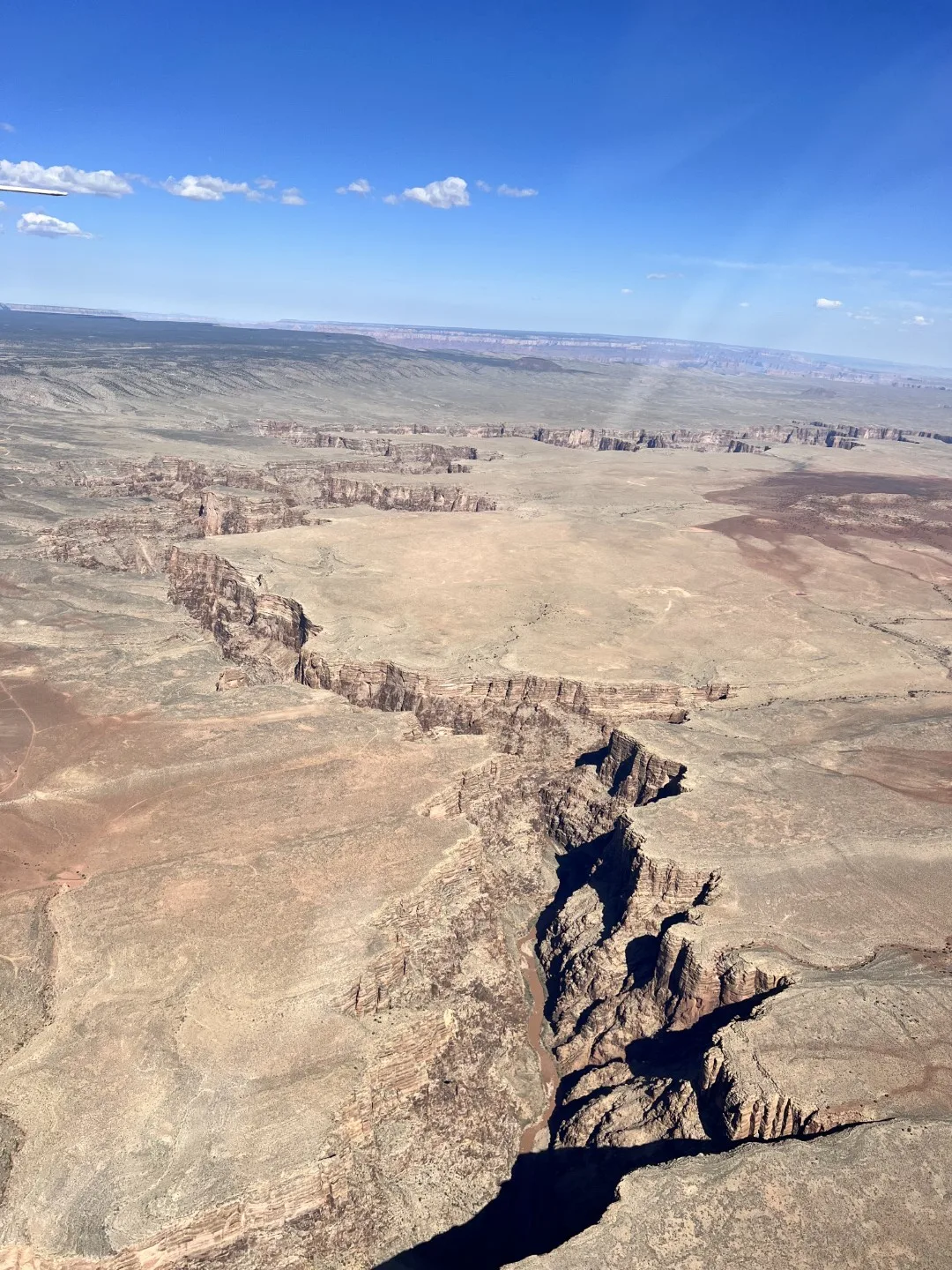
Earthquake Insurance
The earth is very unpredictable, especially when it comes to earthquakes and tectonic plates. The financial burden of an earthquake can have lasting effects on residents and businesses. It has taken cities years to recover and rebuild as a result of a massive earthquake.
Having earthquake insurance will help bring peace of mind when disaster strikes. Damage from earthquakes is not covered under your primary insurance policy. Even though an earthquake is considered a natural disaster, the damage it can cause is substantial, which is why insurance companies need to charge extra. Covering high-risk residences from an unpredictable disaster is expensive for insurance companies, but it also can be financially devastating for you. Paying extra to protect yourself from a natural disaster is worth the investment.

What Parts Of My Home Are Protected?
Earthquake insurance will protect the exterior and interior of your home, but it can also help replace surrounding areas as well. Places that are covered under earthquake insurance include:
- Driveways
- Walkways
- Retaining walls
- Swimming pools
- Sheds or additional garages
- Personal property
Most Of The U.S. Is Underprepared For Earthquakes
Those in the top three markets (California, Washington, and Missouri) show how unprepared the nation is. Only 10% of California residents have earthquake insurance, even though the state has up to 90% of the whole country’s earthquake count.
With Missoruri’s rising insurance premiums, only 11.4% of residents have earthquake coverage. In 2000, 60% of the state had coverage for their homes.
Insurance companies and brokers encourage those in Idaho to add earthquake insurance to their policies. It is impossible to predict the magnitude of and date that an earthquake will occur. It is better to be prepared rather than wish you had some type of monetary coverage later.
Hear What Our Clients Have to Say
Challenges With Earthquake Coverage
While the benefits of insurance are substantial, there are also some challenges that may come with adding earthquake coverage to your policy. Depending on the company that you work with, your policy could come with the following challenges.
Location
Those who live in high-risk areas may end up paying more for earthquake insurance. Because there is a higher risk and insurance companies will most likely have to cover the cost of damaged homes, they will raise the premium that customers pay each month. While the risk of earthquake damage is never zero, states like New York or Florida only experience a few earthquakes, so insurance companies aren’t worried about large payouts for these residents.
Demand For Insurance
In regions with a lot of earthquakes like California, getting earthquake insurance at all may be a problem. Insurance companies want to save money, which will limit how many policies they offer to residents in a specific state. Even if they have availability to cover your residence, they may require a much higher premium to keep those they cover low.
Building Materials
Older homes are more likely to collapse in the shaking of an earthquake. In recent years, many construction companies are implementing earthquake-proof materials and building practices. Homes or businesses that were constructed before these changes may have higher premiums. Those who have an older home should consider adding earthquake insurance to their policy, even if they are in a low-risk state.
Not Near A Fault Line? You Still Need Earthquake Insurance
Although Idaho is not known for earthquakes, it is still important for homeowners to ensure their homes and belongings are covered in case of an emergency. Earthquakes can have major effects on surrounding cities and states, leaving your home susceptible to damage in the wake of a large earthquake along a surrounding fault line. The earth can shift at any time, which means that your home, business, or school could become damaged. Purchasing insurance now could help provide you with the means to rebuild in the results of a massive earthquake.
While it may take weeks or months for everyone to recover in the event of a major earthquake, those with insurance will have a better chance at building a new home once the chaos has dissipated.

